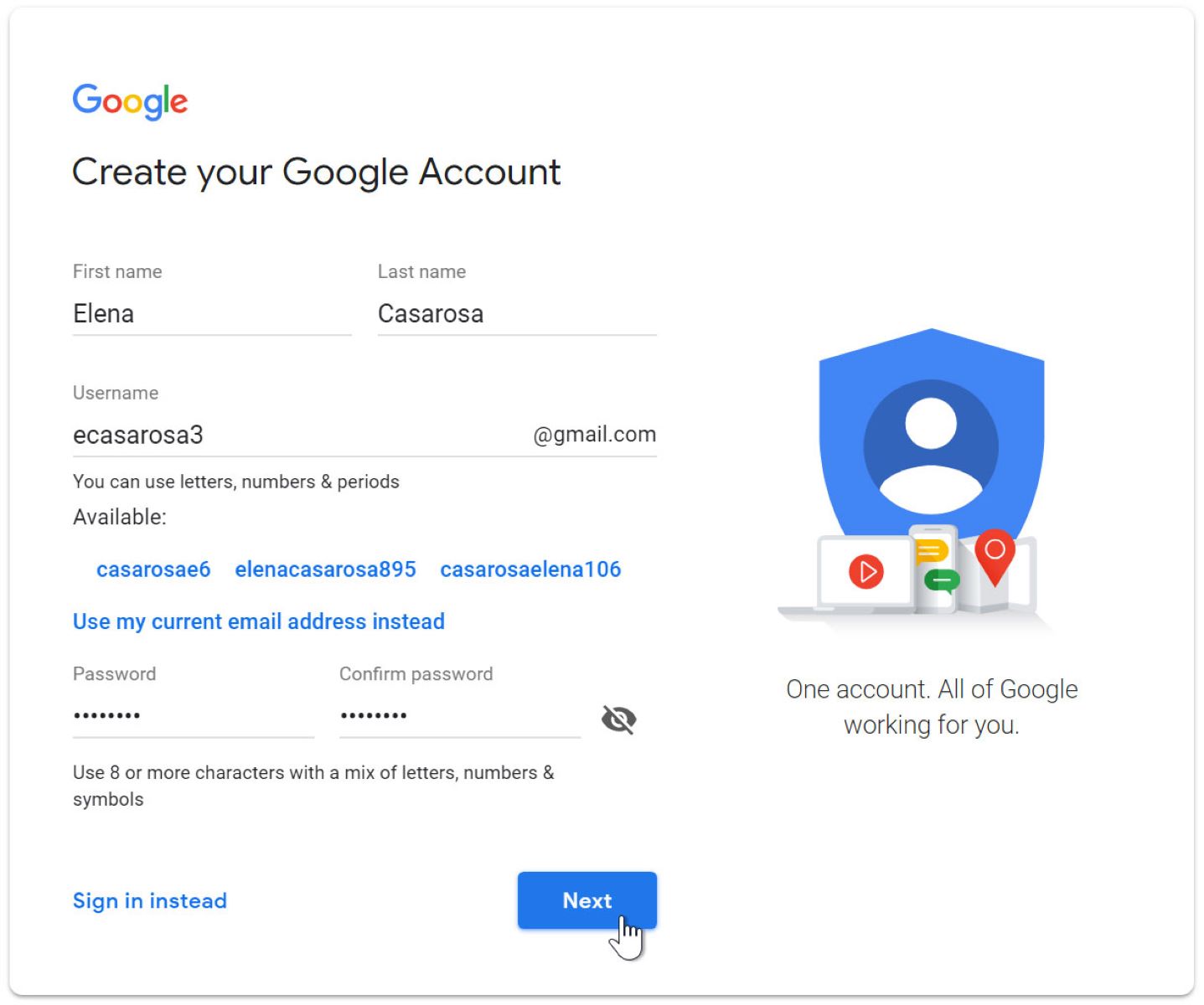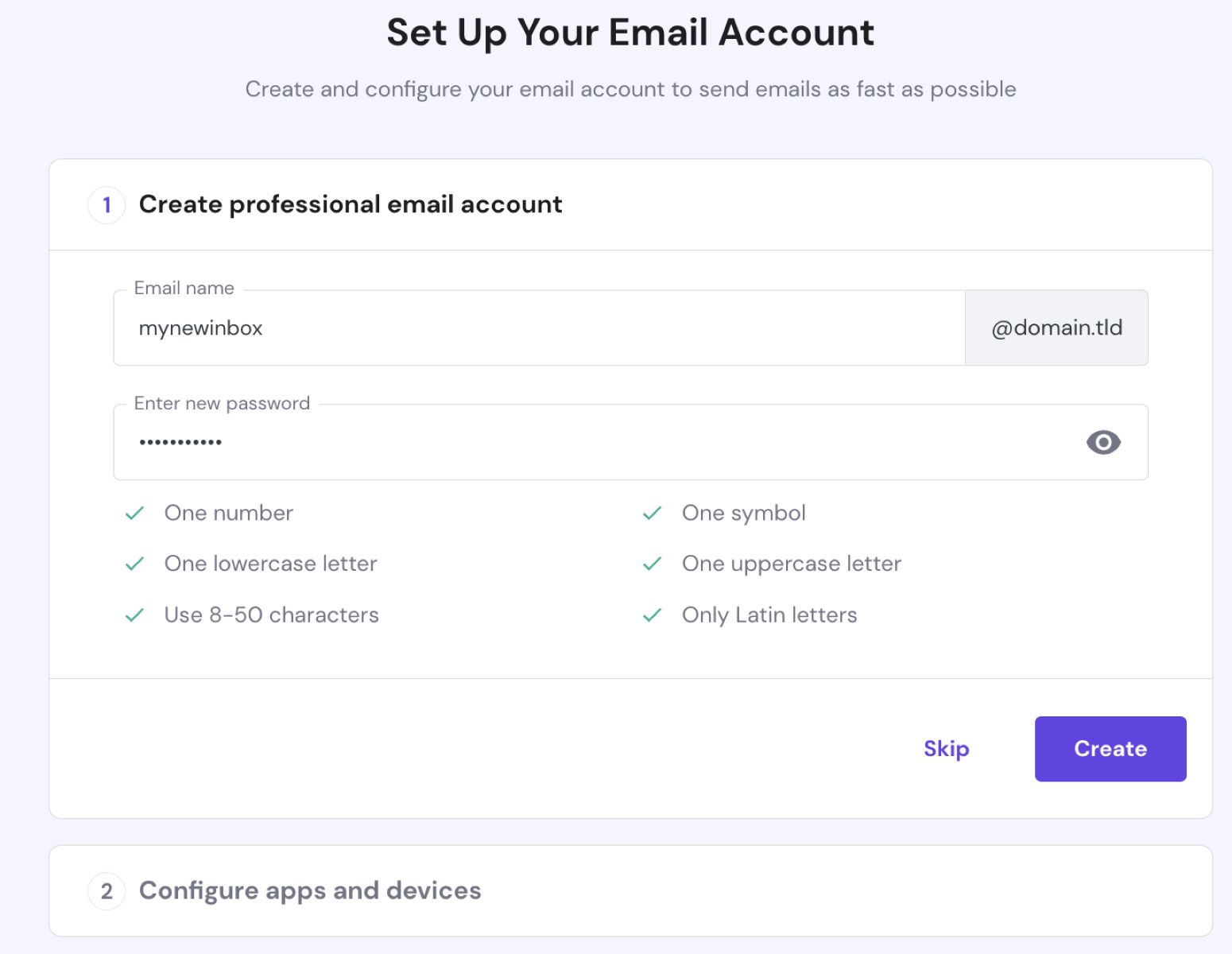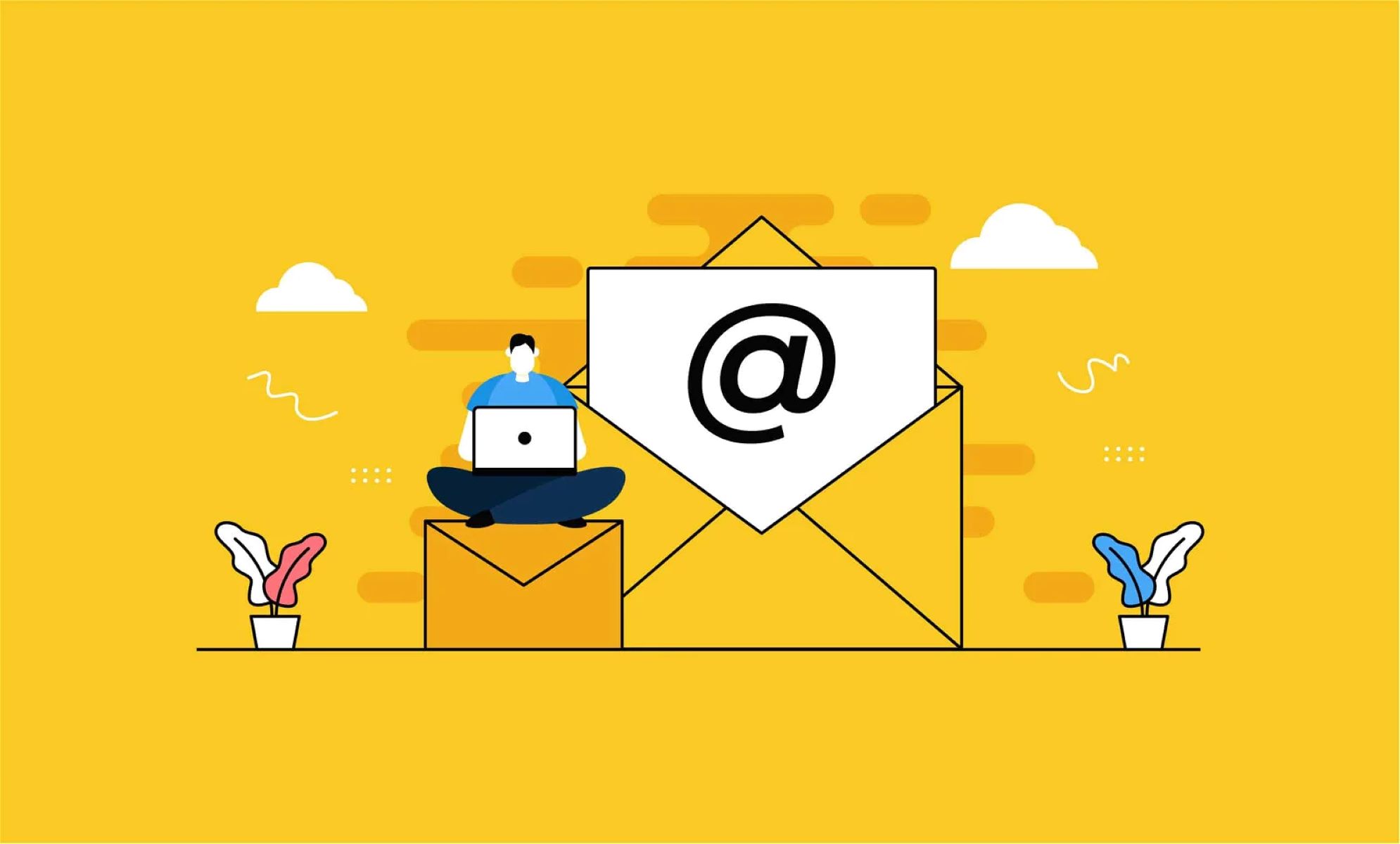ProtonMail is an email service that aims to keep your emails private and secure. The service uses public-key cryptography to ensure that your emails are anonymous. It also comes with additional security features like two-factor authentication and a self-destructing email feature to preserve the integrity and confidentiality of your email data along with your contact information. Let’s take a deeper look at ProtonMail and assess its security features.


What is ProtonMail?


ProtonMail is an email service with security and privacy as its main selling point. The software was created by Geneva-based security tech company Proton Technologies. A group of scientists from CERN founded the company. This same company is responsible for creating the open-source VPN service, ProtonVPN.
The software also exists on a secure network connection with HTTPS. However, it goes much further by adding an extra layer of encryption into the mix. It uses public-key cryptography, which generates a pair of keys for the encryption and decryption process. This helps to ensure that the data, in ProtonMail terms, is zero-access encrypted. This means that not even ProtonMail, a government, or hackers can access your email data.
What Makes ProtonMail Unique?
ProtonMail has other interesting features in store. These include a free VPN service and two-factor authentication. The service also comes with migration tools to help you transfer your contacts. Another very unique feature is the self-destructing email feature. This optional feature lets you set a timer for how to log your emails will exist. Once the countdown stops, the message will essentially disappear from your recipient’s inbox.
The software is available for free, but you can get all of its features for a subscription fee. The free version comes with basic emailing capabilities plus encryption. On the other hand, the premium version comes with a complete set of security features, filters, and customization options. There are two payment schemes available: a monthly payment scheme and an annual payment scheme. While the ProtonMail premium will definitely cost you more than the free version, it’s definitely not going to burn a hole on your pocket.
The Basics of Using ProtonMail


ProtonMail looks and feels just like any other email service provider. During your first time opening the software, you will be asked to come up with two sets of passwords. The first password is something you can use to log in and while the other will be used to decrypt your emails. Once that’s done, you should be able to see a quick-start-up process appear on the main page. You should also see a series of emails containing tips on how you can secure your ProtonMail account. These emails should give you a quick rundown of how ProtonMail works.
Sending an email through ProtonMail is as typical as you can get. You can create messages using the basic buttons, view messages on your inbox, or conduct in-text keyword searches and byline searches. You can also sort your messages into folders, but this function will be limited to free users. All you really need to navigate the basic email features is a basic understanding of how emails work. You should also be able to find a handy option to shorten the address on your secure mail. This option will let you change @protonmail to something shorter.
There are some differences with ProtonMail, of course. For one, you can’t view an attached image or file by default. If you click on a link, it will display a warning and request for permission before opening that link. Each email that you receive will also come with an indicator of security status. This symbol is normally a lock symbol located next to the From address. Emails sent from another ProtonMail account will indicate “End-to-end encrypted message.” Emails sent from alternative email providers are also zero-access encrypted, but they will have a different indicator.
What are the Core Features of ProtonMail?


ProtonMail is available in two tiers: a free version and a premium version. While the premium version naturally comes with more features, both versions share the core security features. These include things like email expiration and two-factor authentication. Let’s take a look at ProtonMail’s features for both versions.
Email Encryption


ProtonMail uses a method of encryption called public-key cryptography. This method produces two security keys. The first key encrypts the data while the other decrypts the data. The public key is widely available, but only the intended recipient gets a private key copy. The way this works is that your intended recipient will get an email inviting them to view the encrypted message. The recipient will then have to provide a password that both of you have agreed on beforehand. A password hint will appear to help the recipient remember the password.
There are different scenarios to take into account when it comes to encryption. In reality, end-to-end encryption only works for emails sent using ProtonMail. These include messages sent from a ProtonMail user to another ProtonMail user. If you need to send a message to a non-ProtonMail user, you would have to enable the “Encrypt for Outside” function. The recipient will also need a password to view the email. The recipient would need to reply using the Reply Securely option if you want the threat to continue to be encrypted.
Emails sent from non-Proton mail users are a bit tricky. They only benefit from basic TLS encryption during transmission, in which case they can still be stolen or copied. But once those emails reach your inbox, they enjoy the benefits of zero-access encryption. This means that ProtonMail and third parties will not be able to access all of your emails. ProtonMail also does not sell email information to third-party software. Nor can any government body compel them to share confidential information.
Self-Destructing Messages


The messages that you send and receive through ProtonMail do not expire by default. However, the software has a special feature that lets you set a timer for how long you want your emails to exist. Once the timer stops, the email will disappear, and the email’s recipient will no longer be able to retrieve it. The software gives you several categories for interval options in weeks, number of days, and hours.
The first thing you need to do before you can set a timer is to write your email. You can attach confidential files if you please. Once that’s done, you have to look for the clock icon underneath the subject line. Click on that, and then select the interval option that your email will disappear. The software accepts a minimum of one hour and a maximum of 28 days for the interval option. The clock starts counting the moment you set the timer and even before you send it.
The self-destruct feature works on the different platforms of ProtonMail. This includes the web-based platform, desktop software, and Android and IOS. If you are interested in email services that offer a temporary and free service, better check out this list of the best disposable emails on the market.
Two-Factor Authentication


Two-factor authentication is another useful feature to have on ProtonMail if you are extra sensitive about security. This feature adds a layer of protection to your account in case someone else manages to get your password. You will need to equip your smartphone with a software-based authenticator. ProtonMail is compatible with a few authenticator apps. The list includes Google Authenticator, FreeOTP, and Authy. These authenticators will generate one-time passwords which you need to decrypt your messages.
Before you can use two-factor authentication, you need to enable it first. Once inside ProtonMail, go to the Security tab under Settings. Select the option “Enable two-factor authentication” to bring up an information panel where you need to click Next. The software will then come up with a QR code which you need to scan using your smartphone. Doing so will register ProtonMail under the list of apps supported by the authenticator app.
ProtonMail will now send a one-time password to your smartphone each time you want to open your inbox. There will most likely be a time limit for you to enter the password. If and when that lapses, you will have to request another OTP. Once you have successfully indicated the password, ProtonMail will let you in.
Subscription Tiers
ProtonMail is available in four tiers: a free version, ProtonMail Plus, ProtonMail Professional, and ProtonMail Visionary. The free version only gives you a limited storage space of 500 MB. You also only get a maximum of 150 emails a day for your inbox. On the other hand, the ProtonMail Plus gets you 5 GB of storage plus 1,000 messages per day for your inbox.
With ProtonMail Professional, you also get 5 GB of storage plus unlimited messages and folders per day. The ProtonMail Visionary plan gets you 20 GB o storage pus unlimited emails and folders per day. You also get support for the shortened email domain plus support for IMAP email clients.
Premium Features


The premium version of ProtonMail lets you add filters that will automatically sort your emails. You can create multiple conditions for each filter, including subject, sender, recipient, or attachment. You can also set up additional movements for emails that fit into filter criteria. For example, suppose you have a filter set for emails that come from a specific company that you dislike. In that case, you can set the filter parameters to have the software throw out those emails automatically.
Automated email responses are another unique feature that you can get with premium accounts. This feature lets you set an automated response for any email that you receive in your absence. You can set the message and then set the parameters or even the period that the software will follow in sending automated replies. Subscribers to premium plans also get to enjoy zero-access encryption for their contacts. The software encrypts your contacts’ details, such as phone numbers and email addresses. This will prevent malicious parties from tampering with your contacts’ information and it will also protect your contacts.
The Problem with Traditional Email Providers
Most free email services today make use of a secure connection called HTTPS. HTTPS stands for Hypertext Transfer Protocol Secure, and this protocol makes use of a secure sockets layer (SSL). The SSL makes sure that all emails that you send and receive are encrypted. Encryption scrambles the data so that it becomes unreadable as it travels over the network. These security protocols might appear impressive on paper, but they do very little to keep your data from potential invaders in reality.
Who Could Be Spying on You?
These invaders include entities like email providers, governments, and internet service providers (ISPs). And for most of the instructions, the objective is public surveillance. Even ISPs can keep track of your online activities online and learn even more about you. Even email accounts that you no longer use or have forgotten about can be subject to surveillance. This is why we highly recommend that you delete your unused email accounts. If you have an old Yahoo account no longer in use, you can check out this guide on how to permanently delete your Yahoo email account.
Data Privacy Breach Examples
There are a lot of examples of data privacy violations committed by email providers, but we will cite just a few. There was a time when Google made headlines for allegedly selling user information to third-party advertisers. These advertisers in turn, use the data to create targeted ads. While Google claims it no longer reads your data, there’s no telling if and when they will start doing that again.
Even the US government has a rap sheet of serious violations against data privacy. They are known to work with email providers to tap into email servers. Four years ago, even Yahoo made headlines for allegedly working with the NSA and FBI in scanning email servers without explicit permission from the data sources.
Final Thoughts on ProtonMail


ProtonMail is one of the most secure end-to-end encrypted services on the market. The free basic account already arrives with a decent number of features, but it is really only intended to be used for trial purposes. If you want to maximize the features that the software has to offer, we highly recommend going for the premium plan.
This way, you’ll get to enjoy the full capacity of security features. In addition, you also get customization options and filters for your emails. Overall, ProtonMail has proven itself to be a solid and secure email option. If you need email service providers specifically for the purpose of reaching out to your target audience, check out this list of the best email providers for marketing your business.

























